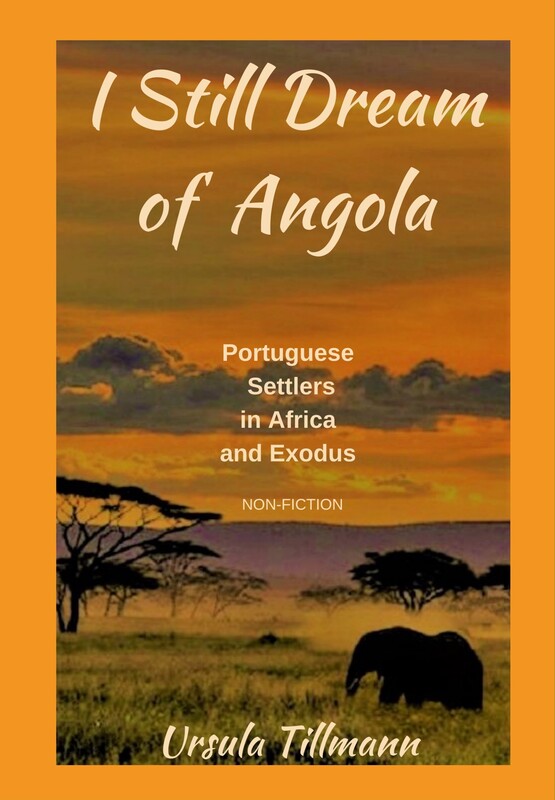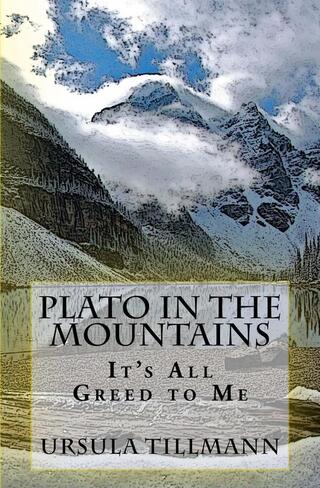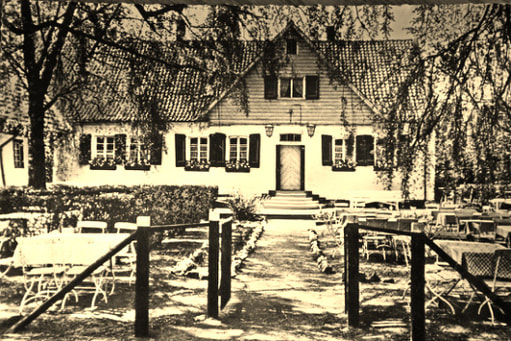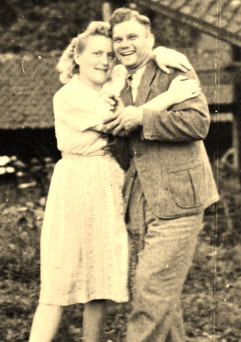Undressing Shadows
Postwar Germany novel - based on a true story
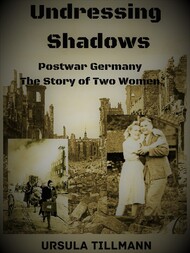 Reised Edition November 2020
Reised Edition November 2020
SYNOPSIS: Germany 1947. A war lost, a country divided while shadows of the past linger over cities in rubble. Hunger is paired with self-pity. When an additional twelve million Germans from Pomerania and East Prussia arrive in the Rhineland and Bavaria, among them the Marlow Family, the burden gets unbearable.
Displaced Germans are cursed and despised by their own nation in the west. In addition, secrets of the past lead to speechlessness within families.
Lotte Marlow and her family are send as workers to the Ten Eicken Estate near Duesseldorf where Hilda and her family face their own struggles to survive. But the women become friends and eager to rebuild from the ashes, men have left behind. However, the past is not forgotten and it haunts their existence while everybody remains silent.
Nearly fifty years later Christina Eicken goes on a quest with Lotte Marlow to undress those shadows of the past. They stumble upon revealing facts hidden for years.
PROLOQUE - With tiny steps she tip-toes along the edge of that dark hem, retracing fading stiches of a gown worn out over time. Careful, not to stumble on that garment her shadows have woven those past fifty years. Unable to shed the past, unwilling to forget she moves along. Still waiting after all this time.
She realizes, history is a matter of opinion depending on geography. The chronicles of victors remain meticulously stored in archives for generations to come. Don't you dare question what is written. Oh yes, she knows. Don't doubt, for they know better. Although they were not there. So what about the suffering of women and children who mind landscapes when men battle on foreign soil? Anywhere. Most of their stories stay hidden. Untold and unwanted within the big picture of world events. A nuisance. And, in particular, deemed mathematically unimportant.
Victors and losers, friends and enemies. Where to draw borders, permanent lines? At the end it's all the same. For all involved. Despite written documentations, one way or the other. The past doesn't care. It just is, as all stories.
What began by pure chance later unfolded by necessity, because in those days choice was a luxury few owned. It did not witness the beginnings, because it happened before my time. But I saw enough later, as a child. And the the talk, the terrible gossip and degradation of displaced people. A nation divided among its own people and wounded so deeply, leaving scars for generations to come.
The end of the Second World War is only the beginning of unspeakable brutality for many civilians. In particular in Germany, the loser of the conflict. Fourteen million Germans flee from the Red Army in East Prussia, Pomerania, Silesia and other German territories beyond the rivers of Oder an Neisse in the middle of the winter. A war lost and with it the soil of their forefathers.
Expelled by the Russians who are now master of one fourth of German territory in the east. Germans know what it means when people fearfully whisper: "The Russians are coming." They run for their lives. In hast they leave all possessions behind to trek on foot toward the est. Outlawed, chased like cattle by the Red Army. Ahead of the gunfire, but often within. Many too old and weak to escape unimaginable cruel revenge. Fourteen million civilians are on the move. Displaced and deported, dishonored and starving while low-flying planes spill their firepower with machine-guns on everything that moves below. To kill - mostly women, children and old men. Two million expelled Germans die on the long march to the west. And the living? At a loss of their land, homes and loved ones. Dead souls marching.
Blunted, desperate. demoralized and dammed. Stripped of self respect over and over when they arrive after the war in West Germany in the rubble of Hamburg, Cologne and Duesseldorf where nobody wants them.
There are three curses: Wild boars, potato beetles and displaced Germans," many in the West say of their fellow Reichsdeutsche (German Nationals) upon arrival ... (CONTINUES IN THE BOOK "UNDRESSING SHADOWS")
 Lotte Marlow with the children on Gut Höltgen.
Lotte Marlow with the children on Gut Höltgen.
UNDRESSING SHADOWS - Chapter 1
Her eyes are glued to the east but her view is lost. She doesn't know if she is coming or going. Lotte Marlow is sitting on her small shabby brown leather suitcase in front of a wooden shack. Her black jacket and ankle-long shirt look dusty, as if dawn is still upon her worn-out clothes. Her sunken eyes are dull, her beauty faded. She looks aged beyond her thirty years. Emaciated. The madness of nearly two years in refugee camps at the end of the war in her own country, trekking from east to west, then north to south have left their marks. She is unwanted and often despised.
The agony of landscapes wandered after her displacement has rewritten the lines in her face, leaving traces of dust from rubbles of fallen cities from east to west. The war has repainted the land gray and grim. Visible not only in towns but also in the faces of expelled women who are now in allied camps.
Women everywhere. They embody the survivors of a man's game.
Females who lost their husbands, women with orphans and women who are still scared of uniforms. And the power of men who wear them, even if they maintain now that these are the liberator's uniforms worn by Brits and Americans ... (continues in the book)
Croatian Odyssey to Canada - "From Hell to Freedom"
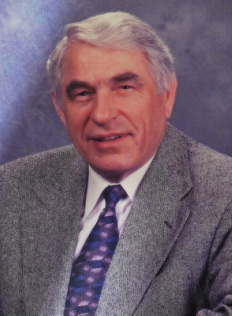 Nikola Plesa
Nikola Plesa
Nikola Plesa has gone from "Hell to Freedom" in the truest sense. The Canadian entrepreneur, who lives in Calgary, Alberta, was born and raised in Croatia. But his fatherland was not free and neither were his people. As a child he witnessed the killings of thousands of countrymen who fled from the communist partisans to Bleiburg (Austria). And after the Second World War his home-country was under the communist Yugoslav dictatorship of Tito.
"I wanted to run away - even as a child," he points out. Always hungry, suppressed and angry, he had to wait until adulthood, to make his escape over the treacherous Karawanken Alps to freedom. He came by boat with two of his siblings to Canada in 1957. His story of life in the Balkans, dominated by Serbs until the late eighties, is an account of agony, death and tears. For more than thirty years nightmares chased Nikola's memories. And then there was always the question of "Istina", which is a Croatian word and means "truth"..
Nikola claims that only victors write history. He wants to talk now. This is his account of "Istina", the way he experienced and witnessed the truth which still lies hidden in a countryside soaked in blood. (His story "From Hell to Freedom" by Ursula Tillmann is available on amazon.com and kindle)
"I wanted to run away - even as a child," he points out. Always hungry, suppressed and angry, he had to wait until adulthood, to make his escape over the treacherous Karawanken Alps to freedom. He came by boat with two of his siblings to Canada in 1957. His story of life in the Balkans, dominated by Serbs until the late eighties, is an account of agony, death and tears. For more than thirty years nightmares chased Nikola's memories. And then there was always the question of "Istina", which is a Croatian word and means "truth"..
Nikola claims that only victors write history. He wants to talk now. This is his account of "Istina", the way he experienced and witnessed the truth which still lies hidden in a countryside soaked in blood. (His story "From Hell to Freedom" by Ursula Tillmann is available on amazon.com and kindle)

